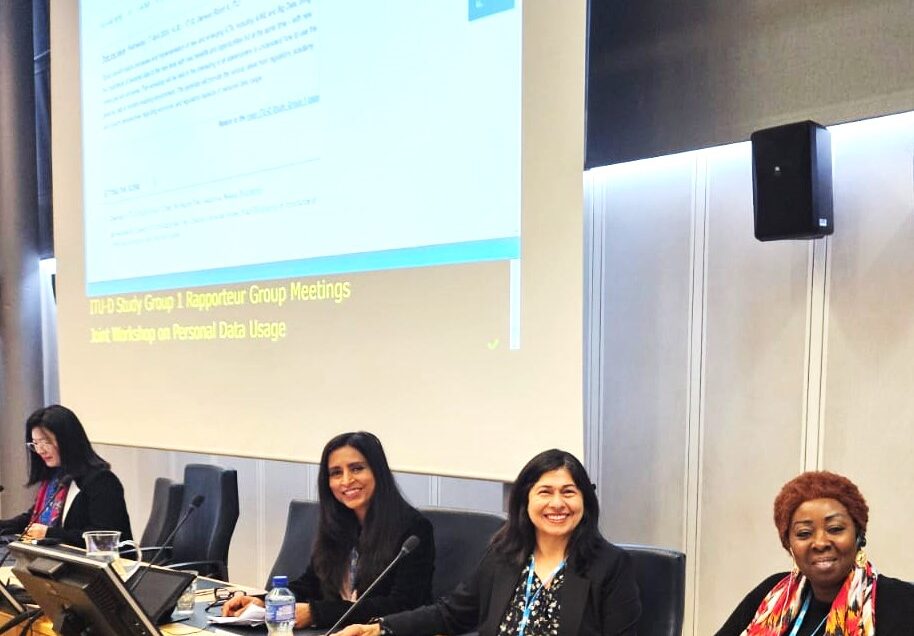
The Writing on The Wall-When Consumers Can Choose, They Do

Getting Regulation Right
Recently, I spoke in an International Telecommunications Union expert panel on Data Protection in a joint workshop of two study groups that analysed this issue from a digital, consumer-centric, supply-side, and economic perspective. My talk focused on reading the signals that the savviest segment of consumers is giving: Either you change your ways, or we go another way. I highlighted the consequences of over-exploiting easy access to the digital consumer and her data.
Gen Z and Do Not Disturb
It is reported that Gen Zees are the first and most likely to have their phones in Do Not Disturb mode and are turning to dumb phones to escape both the distraction and distress caused by constant connectivity. Thus, even as telemarketers and digital advertisement giants collect, process and target us with beguiling free services and customised content, choices are being made by their savviest consumers to make themselves unavailable for manipulation. Time for a new business model or new ways of thinking about consumer protection and data regulation?
Young, digitally privileged and Unhappy?
While internationally, we are still coping with vast digital divides between genders, rural and urban, elderly and the young, and struggling to provide universal access and services to persons with disabilities, the youth, especially in the upper echelons of global human society, is connected and choosing to disconnect. Studies have revealed the relationship between time spent on social media and anxiety and loneliness. If you are online, you are a unique digital ID, and the digital advertising machinery knows every intimate detail about it. If that machinery serves you up a utopian existence where all your dreams come true, if only you do this, look like that, or buy this and that, you may feel inadequate and anxious. If all you see are the photoshopped and curated picture-perfect happy lives of friends, family, influencers and celebrities, one may be prone to such feelings. While parents chide children about time spent online, they are equally guilty of being perceived as digitally distracted by their children.
Resorting to Regulation
States protect consumers and citizens when no one wants to change their ways. Unsurprisingly, regulations restricting the time minors spend online are growing in popularity. China was a frontrunner, but France is also dealing with this issue. The newest flavour of toxic in the digital world is misinformation and disinformation via deep fakes. If all stakeholders fail to act fast, we will soon live in a world where neither seeing nor hearing is believing. This would be tragic. Instead, we need a world where what is digital needs to be more accurate, authentic, and trustworthy. Ignoring the warning signs does not bode well for any stakeholder, as we could all benefit from digital transformation. I prefer to avoid prescriptive regulation, especially in developing countries where regulatory and institutional capacities are already fledgling and strained. However, when markets remain distorted, states resort to interventions.
Dear Industry, Enough Lip Service, Put Your Money…
Hence, it would be ideal if the industry would self-regulate. Unfortunately, the larger one gets, the less agile one is to adapt and innovate, especially new business models. GAFAM’s privacy protection is welcome, but too little and too late. As a policy maker and regulator, I strongly advocate self-regulation, but the state must continue to focus on consumer protection and the future of digital transformation by communicating with the industry and educating the consumer. Failing to heed consumer signals is always disastrous. The state should also strive to promote competition, which is the sure-shot recipe for new and better ways of providing digital consumers with easily accessible or affordable services sans breaches of privacy and unfair personal data exploitation.

